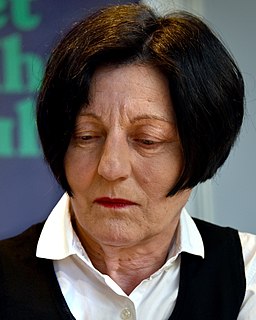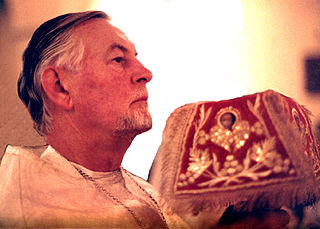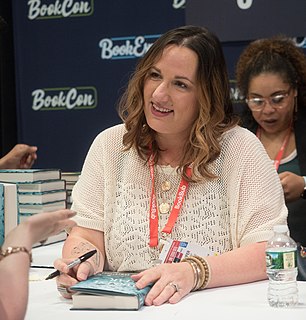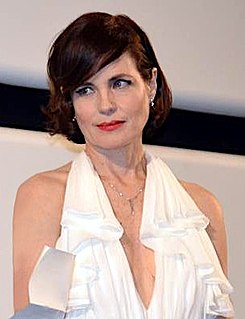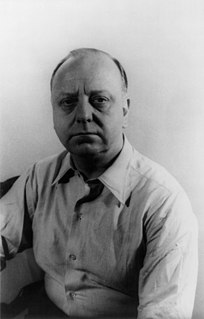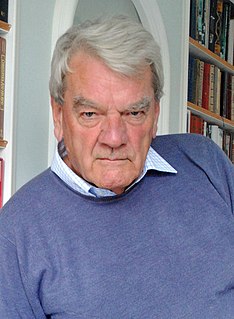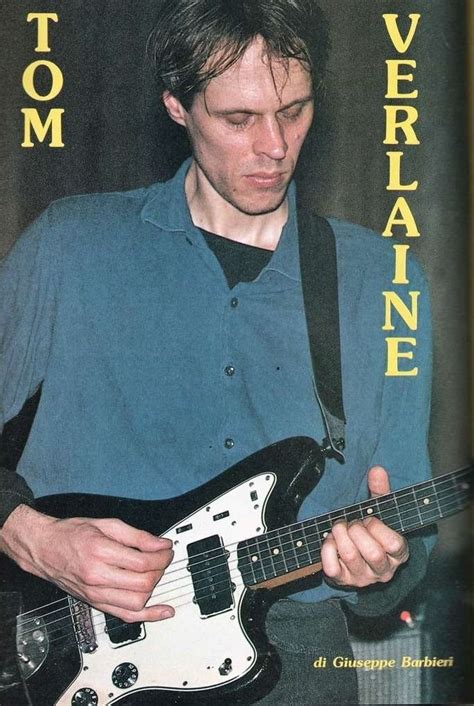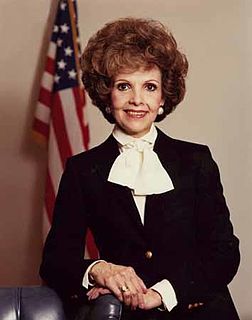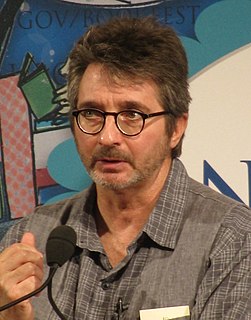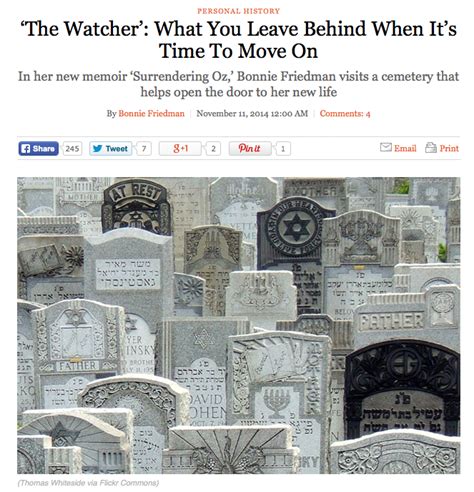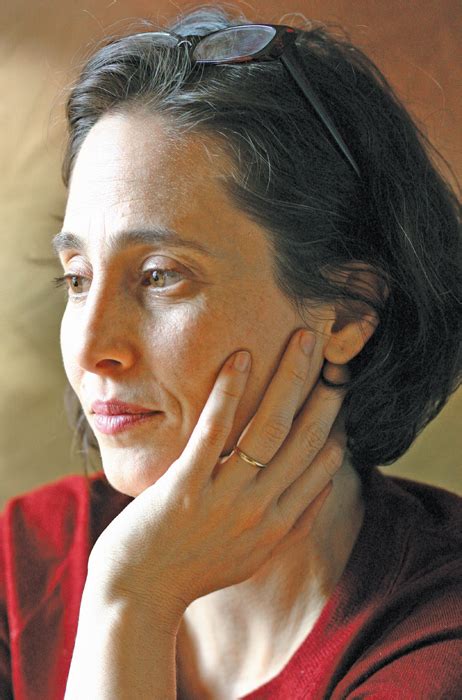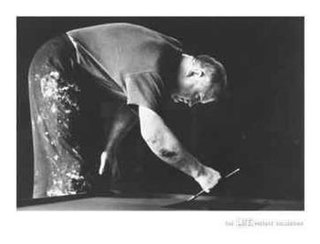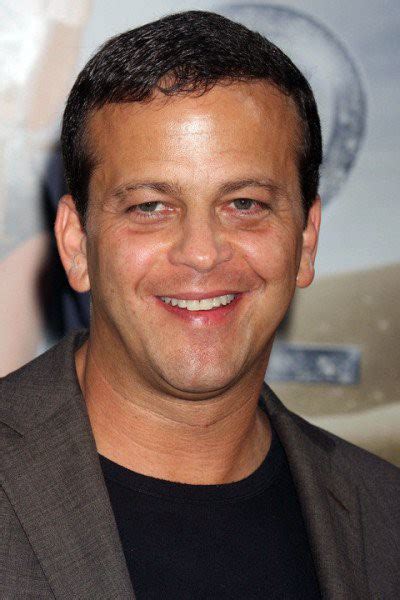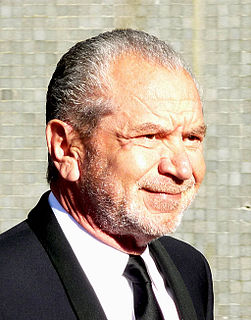Top 1200 Academic Writing Quotes & Sayings - Page 4
Explore popular Academic Writing quotes.
Last updated on November 15, 2024.
I hate writing. I so intensely hate writing - I cannot tell you how much. The moment I am at the end of one project I have the idea that I didn't really succeed in telling what I wanted to tell, that I need a new project - it's an absolute nightmare. But my whole economy of writing is in fact based on an obsessional ritual to avoid the actual act of writing.
Write all the time. I believe in writing every day, at least a thousand words a day. We have a strange idea about writing: that it can be done, and done well, without a great deal of effort. Dancers practice every day, musicians practice every day, even when they are at the peak of their careers – especially then. Somehow, we don’t take writing as seriously. But writing – writing wonderfully – takes just as much dedication.
People who write for reward by way of recognition or monetary gain don't know what they're doing. They're in the category of those who write; they are not writers. Writing is simply something you must do. It's rather like virtue in that it is its own reward. Writing is selfish and contradictory in its terms. First of all, you're writing for an audience of one, you must please the one person you're writing for. Yourself.
When you're writing - when I'm writing anyway - I'm writing out of different kinds of preoccupations and obsessions, different forms of drivenness, and so you're really hostage those while writing. I am, anyway. And it's only when you finally take the finished thing out of the furnace that you see what it was that went into the making of the thing.
It was not a choice of writing or not writing. It was a choice of loving my life or not loving my life. To keep writing was always a first priority.... I worked probably 25 years by myself.... Just writing and working, not trying to publish much. Not giving readings. A longer time than people really are willing to commit before they want to go public.
For ten years, I wrote regular columns about science for women's magazines, and to my knowledge I'm the only person in the world who can say that. This has no kudos in either the science-writing world or the academic world, but it's one of the most challenging things I've ever done. It's much harder to write about cosmology for a magazine like Vogue than for the New York Times, which I've also written for, because you have to imagine that on the page opposite there'll be an advertisement for eyeliner, or an article about the latest trends in skirt length.
Film writing and concert writing are two very different things. In film writing I am serving the film and it tells you what to write. I have to stay within the parameters of the film. In writing concert music for the stage I can write anything I want and in this day and modern age rules can be broken.
I began to read [Bible] as a critic, an in-house critic. So I got to a place where when I got to the university, I just couldn't reconcile that book and some of its points of view with stuff I was learning in my academic career. And so then you have a choice: either you give up your academic career and close your mind and become a constant fundamentalist, or you give up your religion and become a citizen of the modern world and get a modern education, or just spend the rest of your life balancing the two things together, forcing them into a dialogue.
When I used to teach writing, what I would tell my playwriting students is that while you're writing your plays, you're also writing the playwright. You're developing yourself as a persona, as a public persona. It's going to be partly exposed through the writing itself and partly created by all the paraphernalia that attaches itself to writing. But you aren't simply an invisible being or your own private being at work. You're kind of a public figure, as well.
Writing is writing to me. I'm incapable of saying no to any writing job, so I've done everything - historical fiction, myths, fairy tales, anything that anybody expresses any interest in me writing, I'll write. It's the same reason I used to read as a child: I like going somewhere else and being someone else.
